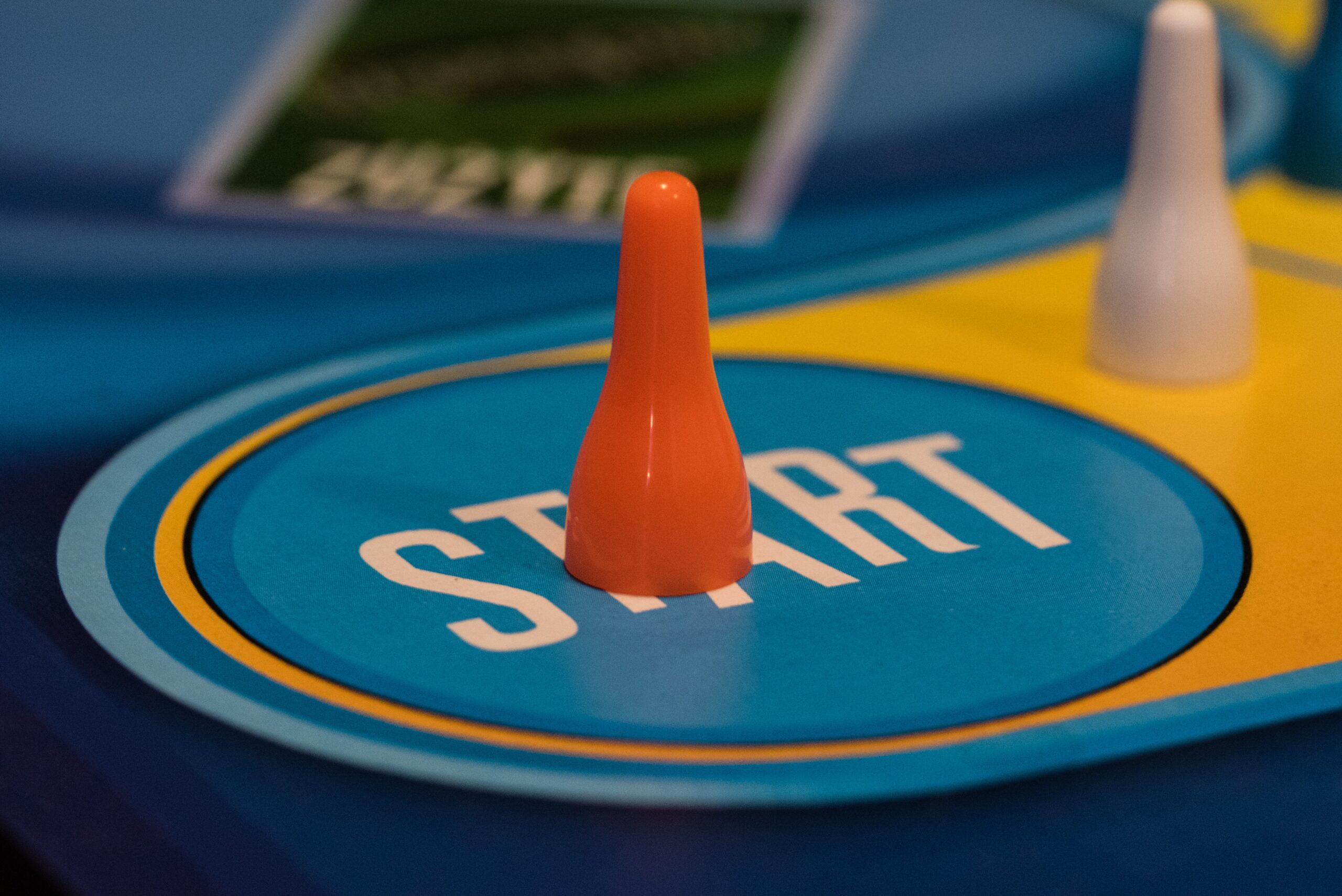While I latched onto warm-up questions as a starting move for Stonetop, some other systems have their own starting moves.
Urban/Modern/Fantasy, in which PCs embrace or discover the supernatural, was the first system I encountered with a Start of Session move—
Start of Session
When you start a new session after your character has significant downtime, say if you primarily focused on your mortal life and obligations or if you furthered your supernatural interests.
If you chose mortal, the GM will tell you how one of your Entanglements, Desires, or Dread became a problem. Choose one:
• you handled it fine, more or less; it won’t be an issue for now
• it all went wrong and you’ll have to deal with the fallout; mark XPIf you chose the supernatural, the GM will tell you how a supernatural contact or Entanglement ran into problems. Choose one:
• you helped them out; they owe you one
• you ignored it or it was a trap, your choice; mark XPIf you mark XP, the GM chooses if the game starts in the middle of the event or if it happened off-screen. If the latter, they will offer you the choice between two things you might have lost; pick one.
When you make this choice, be sure to give the GM as much context as you can.
FOR THE GM: If a player’s choices seem interesting enough to spark a session, go for it! If more than one do, interweave them.
If a player marks XP, be sure to inflict the costs, one way or another. And don’t forget to weave in the fallout, if there is any.
This move scares me to death! It is clearly written for a GM who favors improv.
In contrast, Impulse Drive, a PbtA game patterned after episodic science-fiction television, has a starting move that points to the need for prep—
Previously On
When your group starts a new Episode, go through the following list:
»» Briefly go over what happened in the last session, mentioning any highlights.
»» List each Crew Member’s Hooks. Players may take this opportunity to change their Hooks or write new ones.
»» Set the scene for the beginning of this session and begin playing.Previously On is useful to help everyone refresh on what happened in previous sessions, and to state some intent for this session.
“Set the scene for the beginning of this session” was a great reminder to me every week to make sure I created a “Strong Start”.
In our own campaign, we kept hacking on this move until we ended up with—
Previously On
When your group starts a new Episode, go through the following list:
• Tell people about any leveling up or gear you took between sessions.
• Briefly go over what happened in the last session, mentioning any highlights.
• Make a wish for what you’d like to see in this session.The GM will set the scene for the beginning of this session and begin play.
We replaced Hooks with Drives and didn’t feel a need to highlight those after the first few sessions of the switch.
People were often forgetting to level up between sessions, so our prompt reminded people to do so, and for those who had done so to share what they had chosen.
Late in the campaign, I added the wish as it helped keep me calibrated with the players.
From a prep perspective, this move kept me focused on preparing a strong starting situation for the players. Sometimes that starting scene picks right up on a cliffhanger from the prior session. Other times it is a brand new scene, after a time jump. And rarely you might even frame it as a flashback. For our final session, we started “12 HOURS EARLIER” with the PCs in the calm before the storm, making small talk about what they expected.
I loved having a Starting Session move. It was a great segue from small talk into the game itself. Frankly, I think I’m going to hack such a move into every PbtA campaign I run from now on.
Photo by 12photostory on Unsplash.
 You can download this and other essays in my free ebook, The Best-Delayed Plans.
You can download this and other essays in my free ebook, The Best-Delayed Plans.


